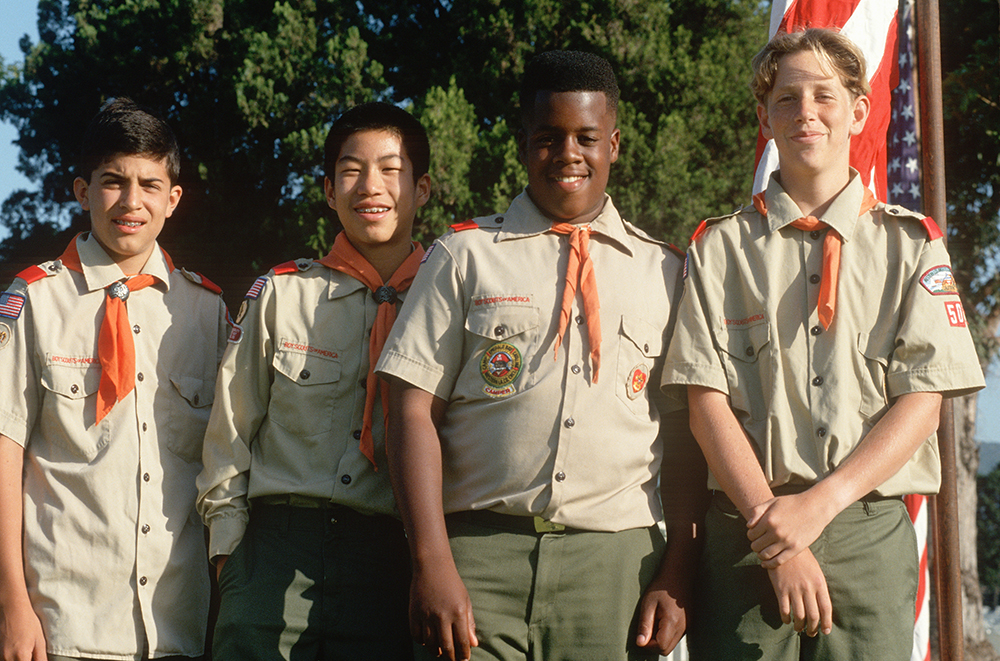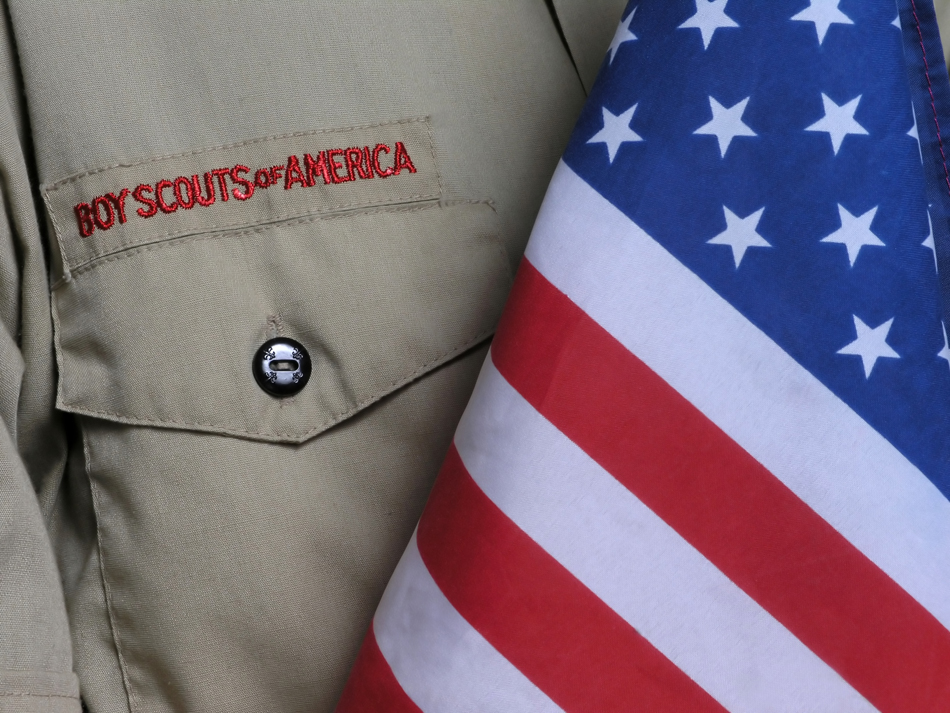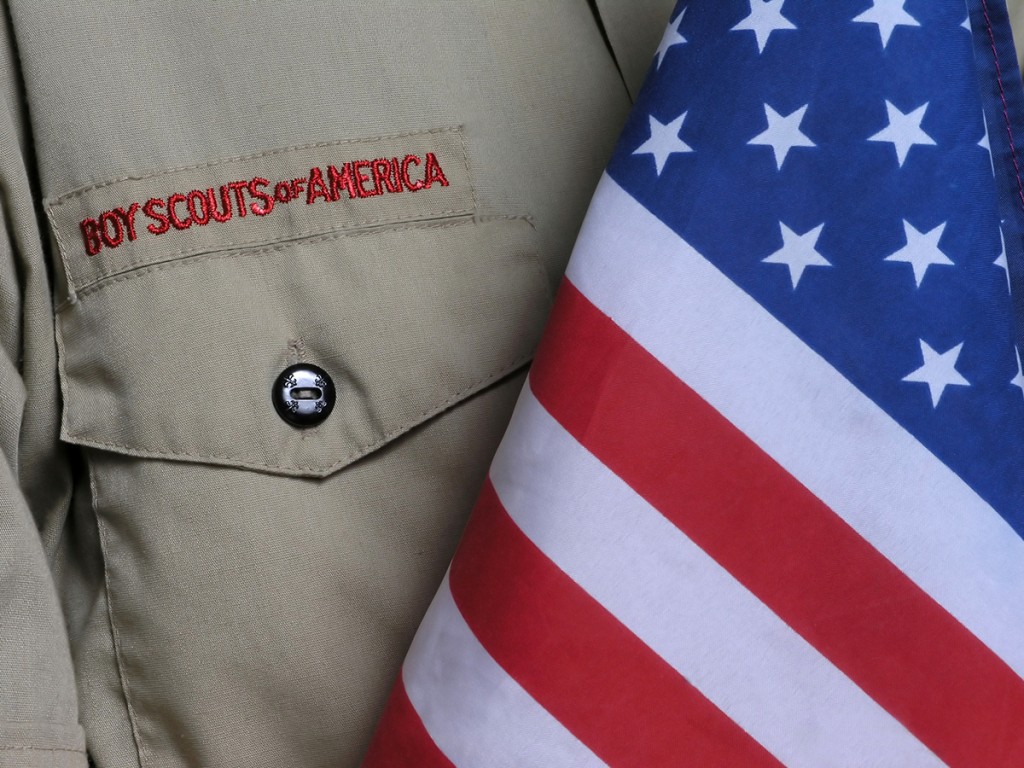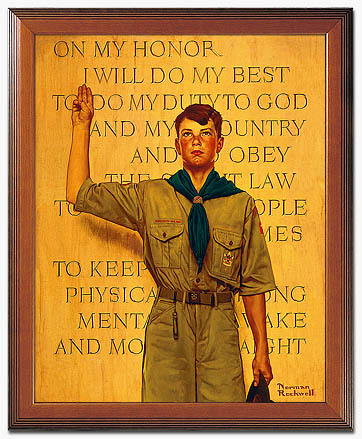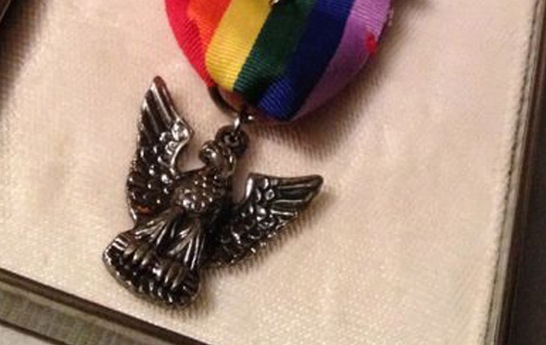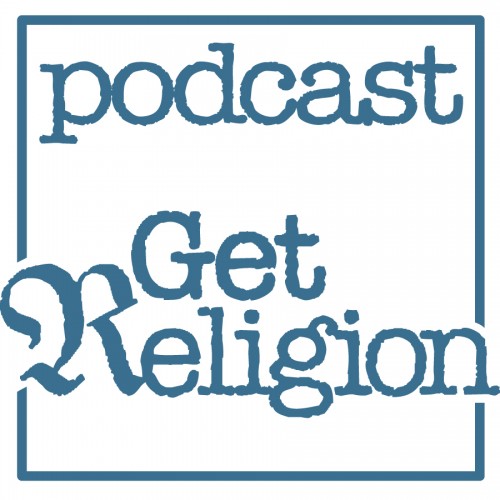Godbeat pro Bob Smietana wrote a story this week exploring whether churches will keep sponsoring Boy Scout troops or drop their affiliation given the organization’s new gay-friendly membership policy.
It’s a timely, logical religion angle. (Others who have covered that angle include ABC News and the Birmingham News.)
The lede:
For the Rev. Ernest Easley, the decision to cut ties with the Boy Scouts was simple.
The Bible says homosexuality is a sin. The Boy Scouts do not.
“We are not willing to compromise God’s word,” said Easley, pastor of the 2,300-member Roswell Street Baptist Church in Marietta, Ga., which has sponsored Boy Scout Troop 204 since 1945.
Easley, chairman of the Southern Baptist Convention’s executive committee, said his church will shut down its troop at end of the year, over a recently adopted policy to allow openly gay scouts. He’s urging other Baptists to do the same.
I first saw the story (one version of it, anyway) Thursday on USA Today’s website, where it carried this headline:
Religious regretfully sever Scout sponsorships
Huh?
At this point, I should remind GetReligion readers that reporters typically do not write their own headlines. So I’m assuming that Smietana didn’t craft that one.
But it struck me as awkward on more than one level. “Religious” seems especially vague. And while I assume the headline writer means that those severing ties are doing so with regrets, the statement also could be interpreted as an editorial comment, as in, “How dare they?”
On Friday morning, a truncated version of the same story (read: stripped to its bare bones) appeared on Page 1 of the USA Today dead-tree edition that I picked up in my driveway.
The headline on that version:

